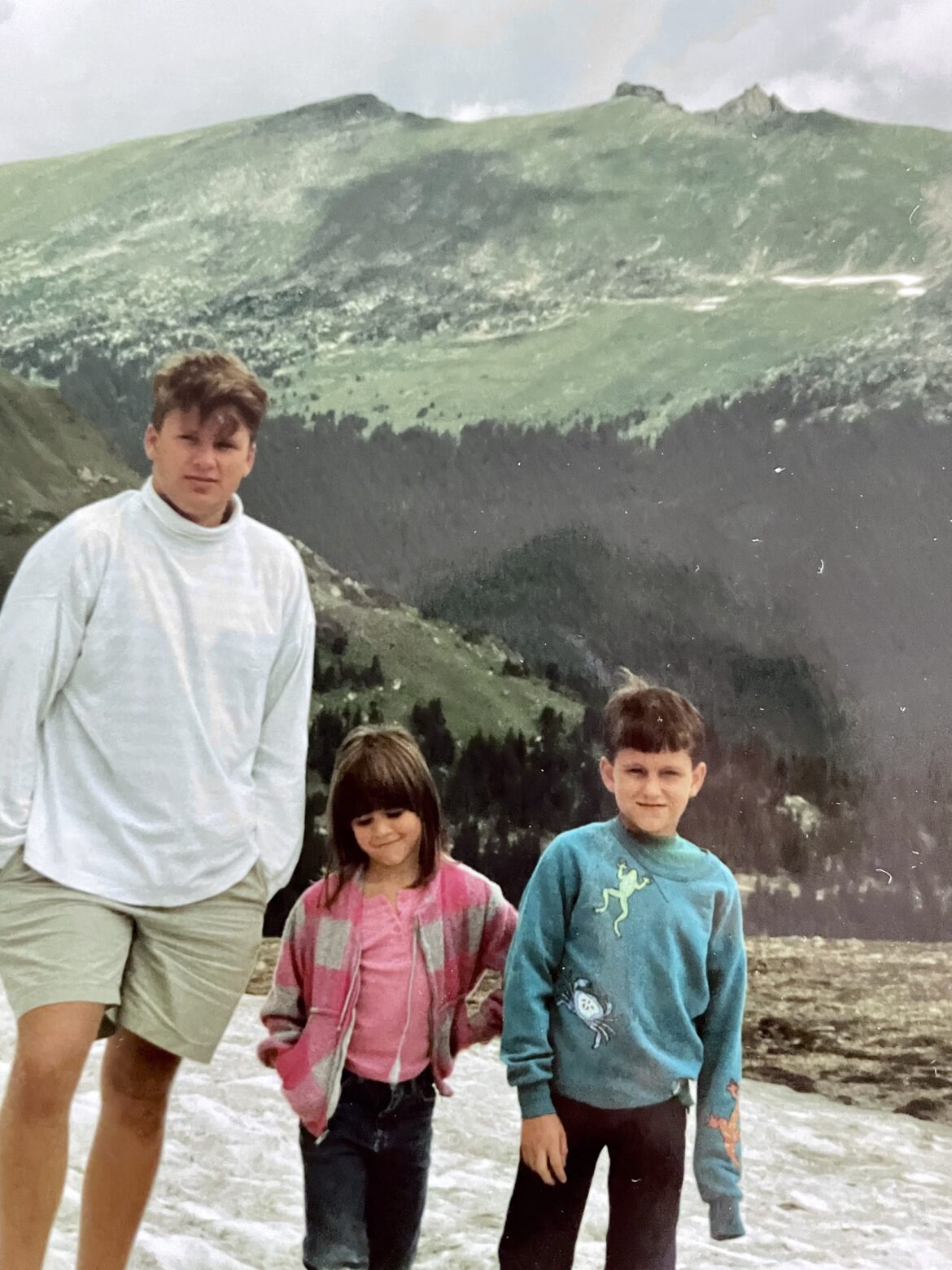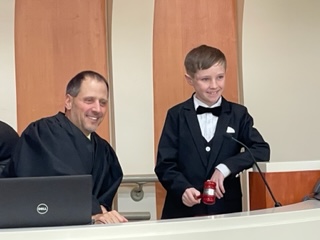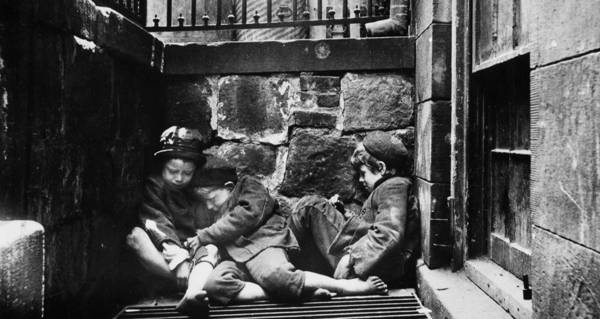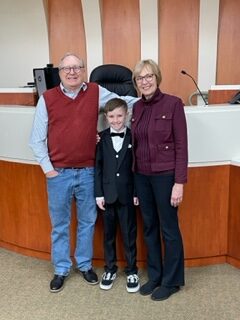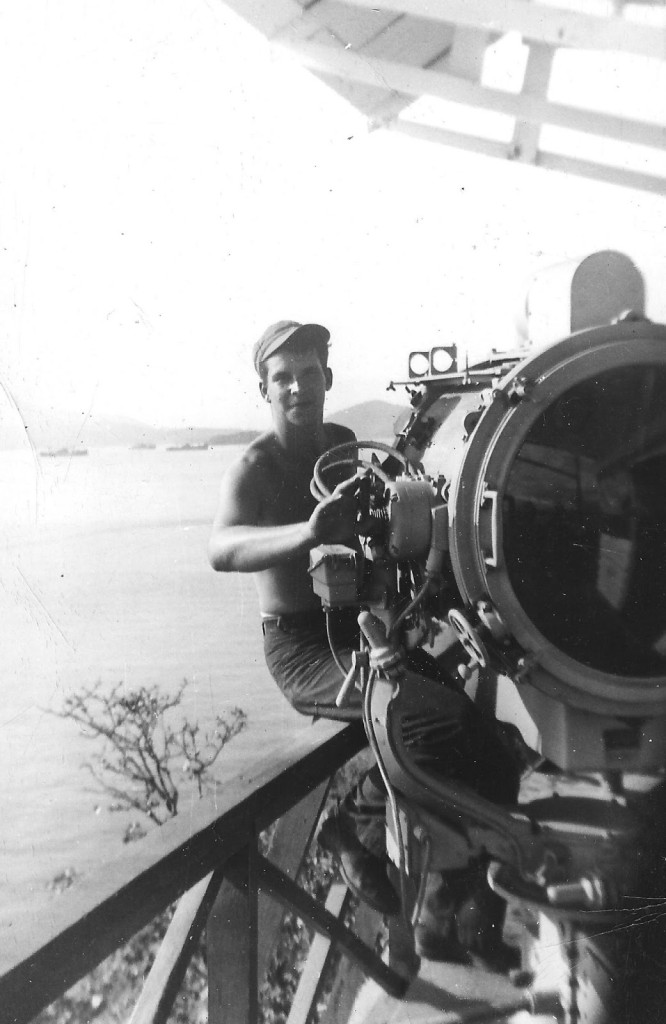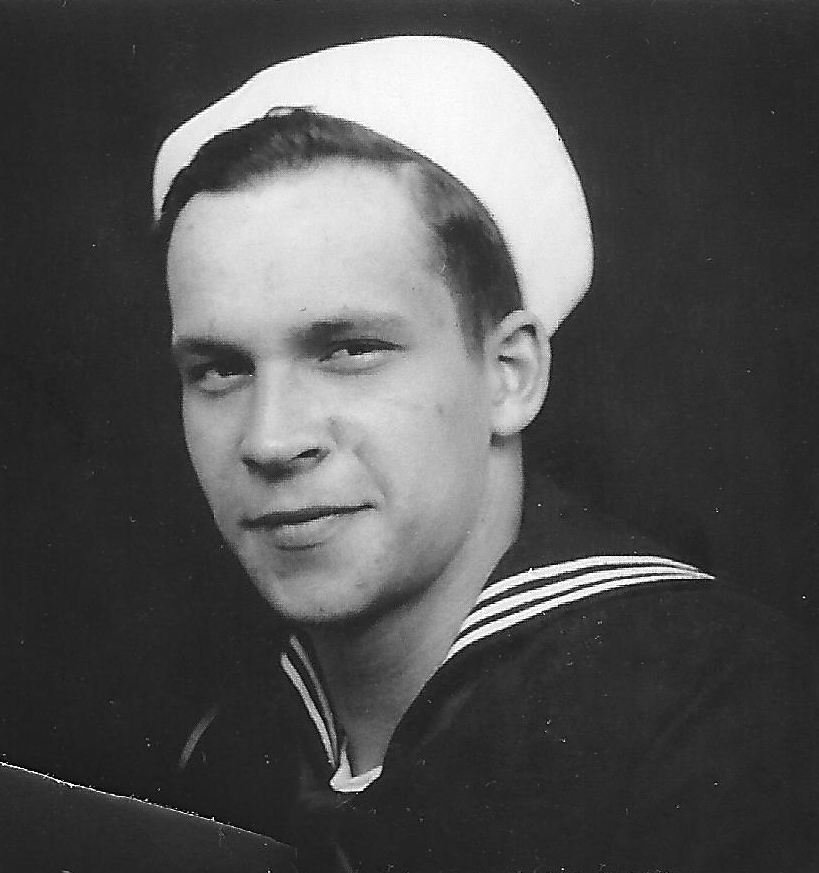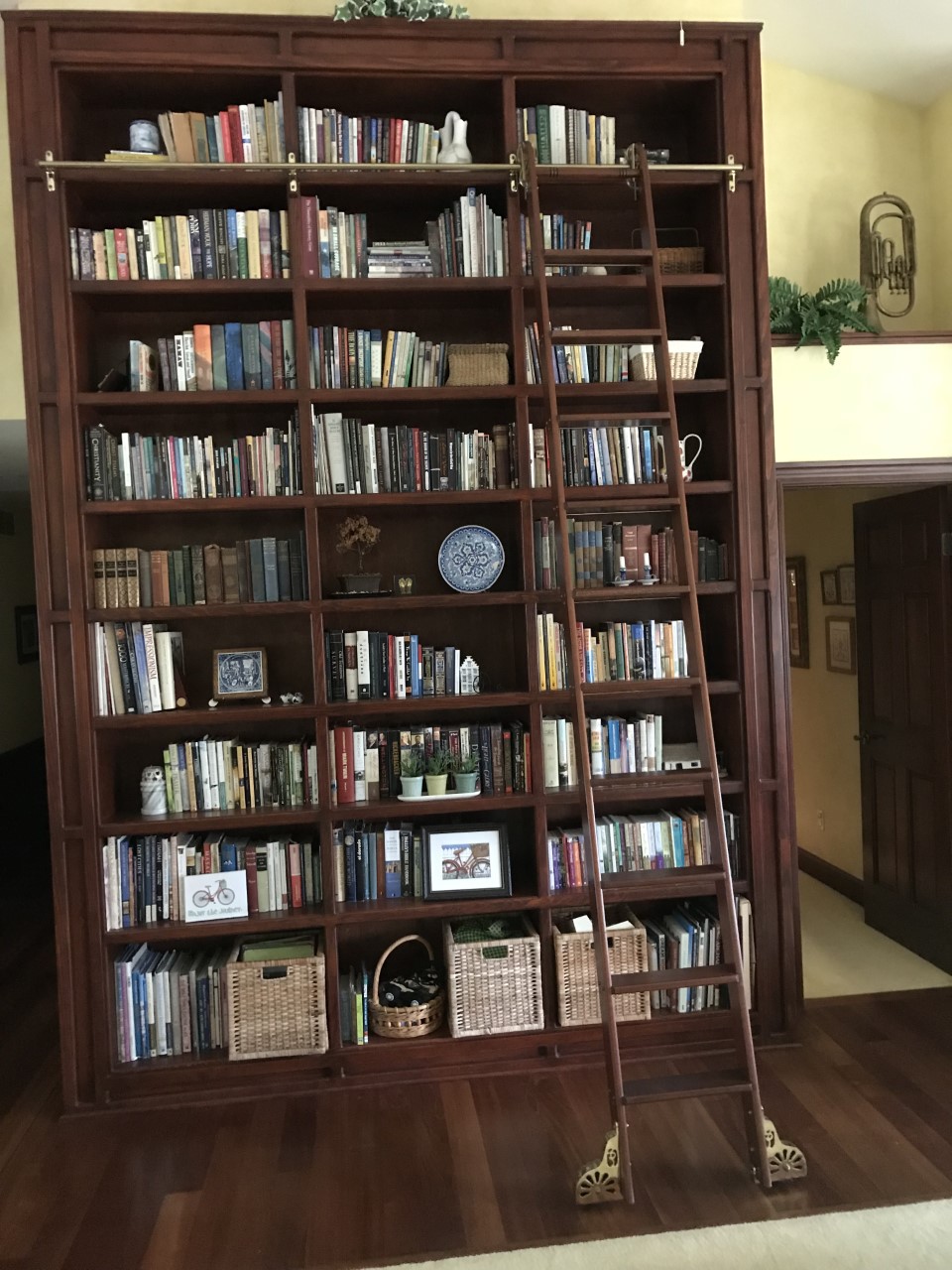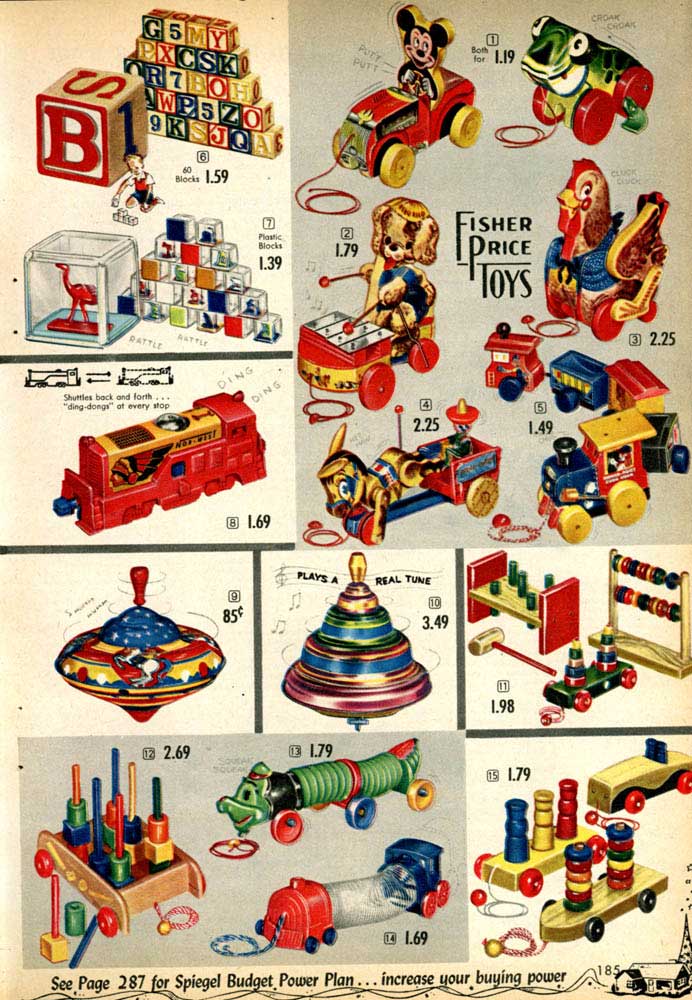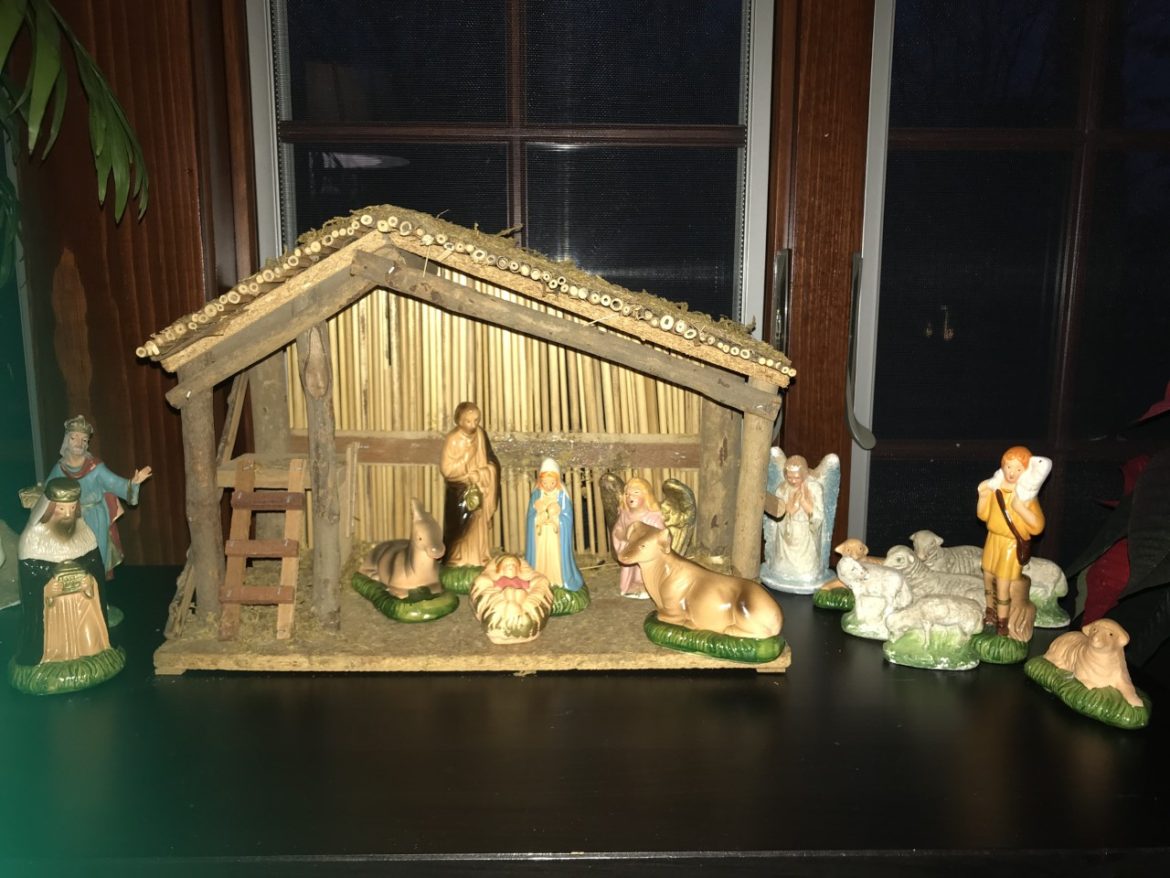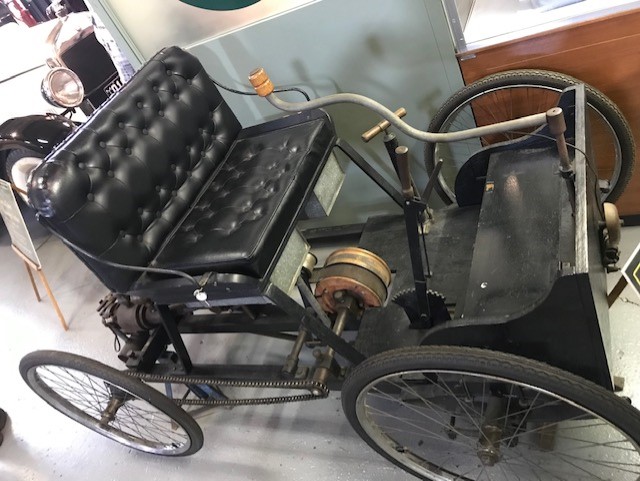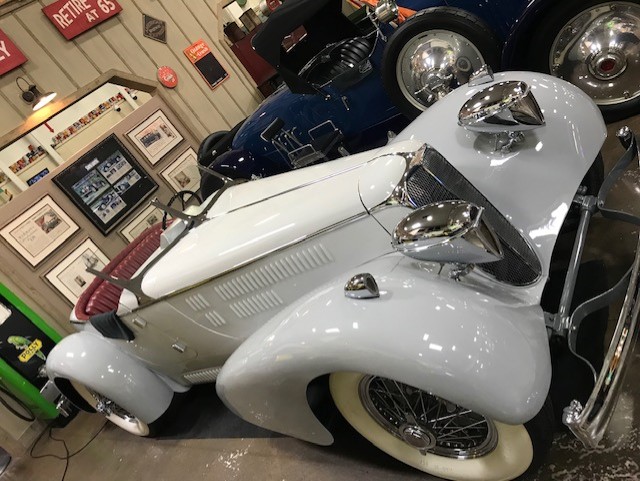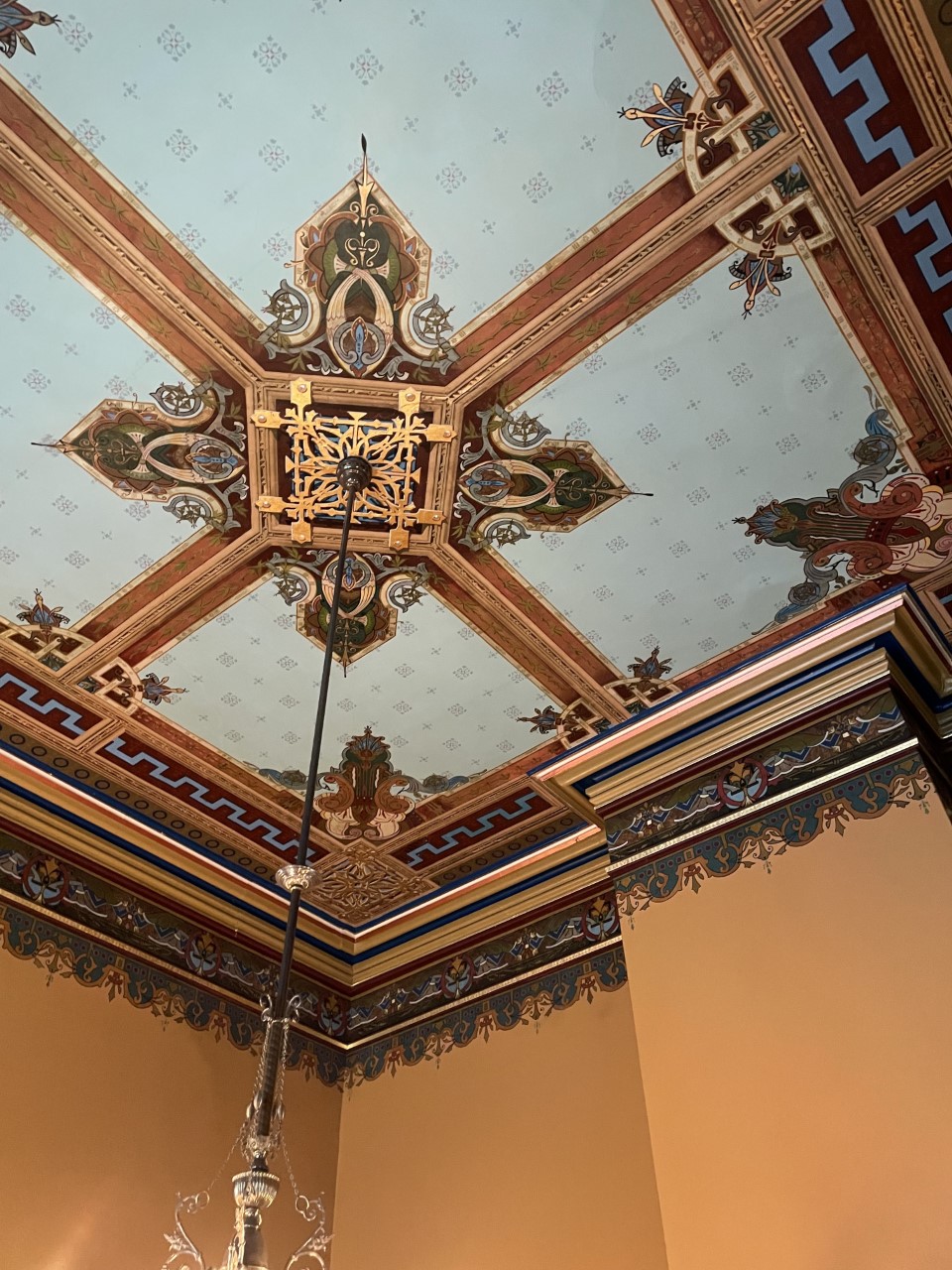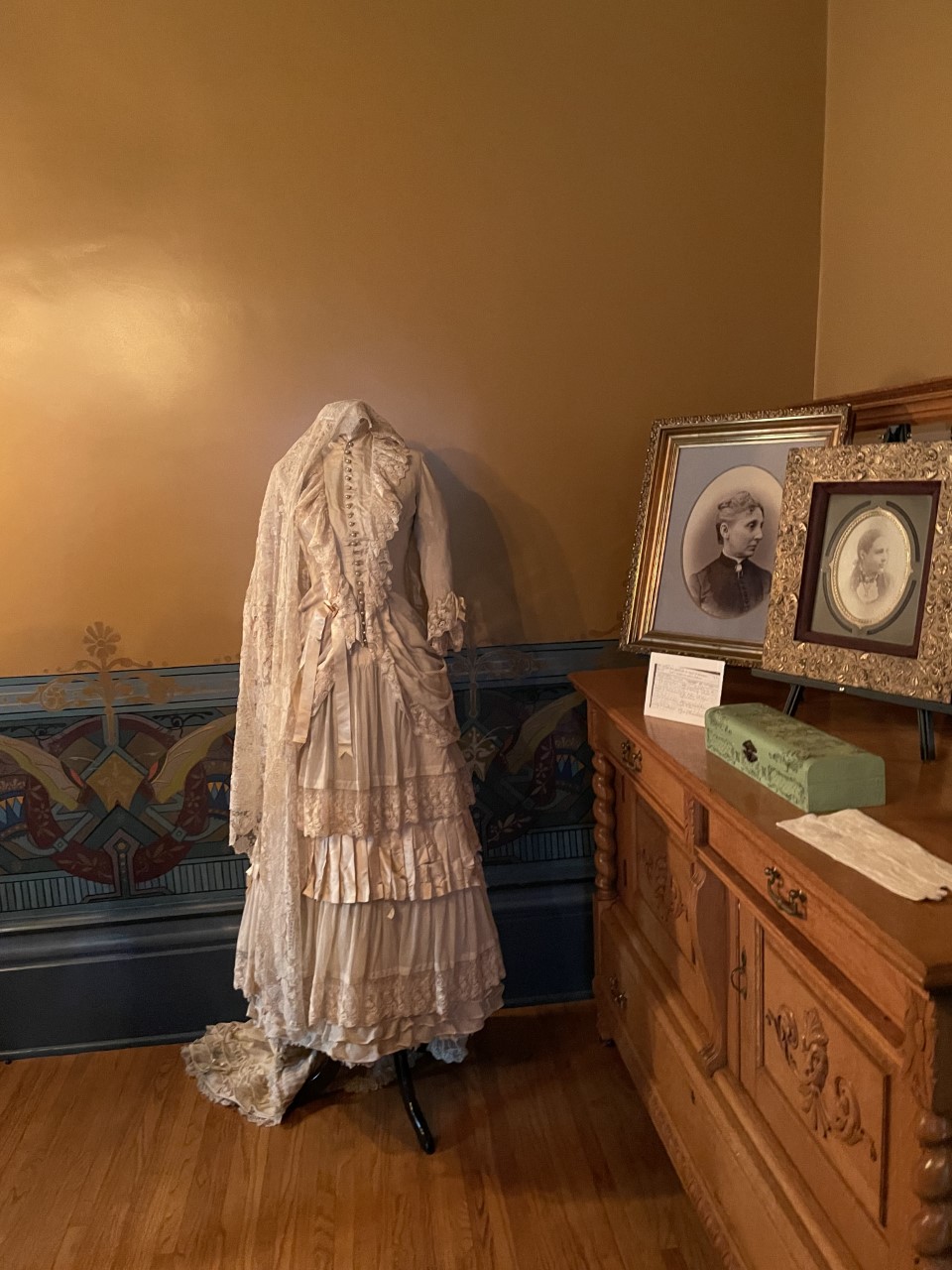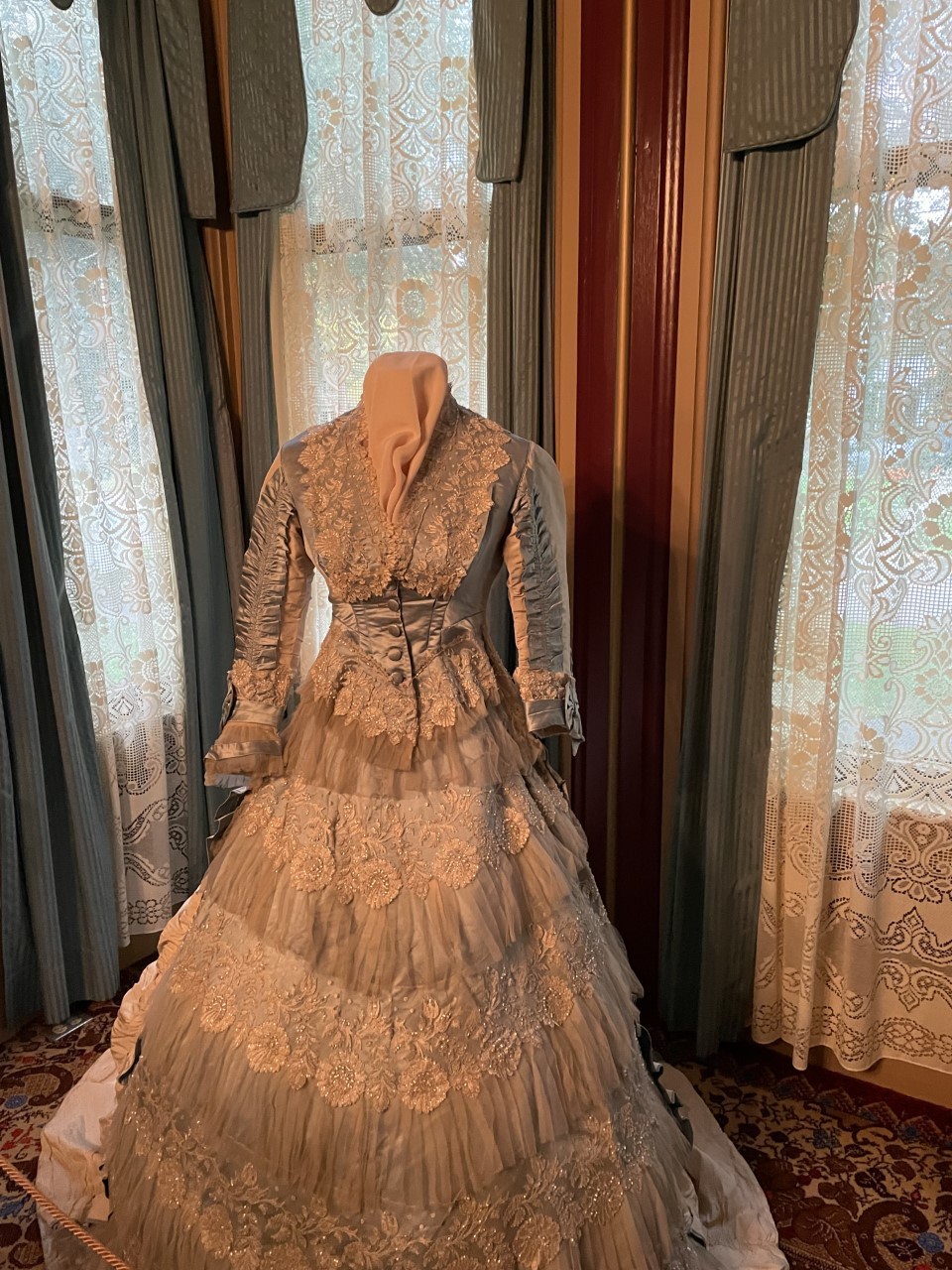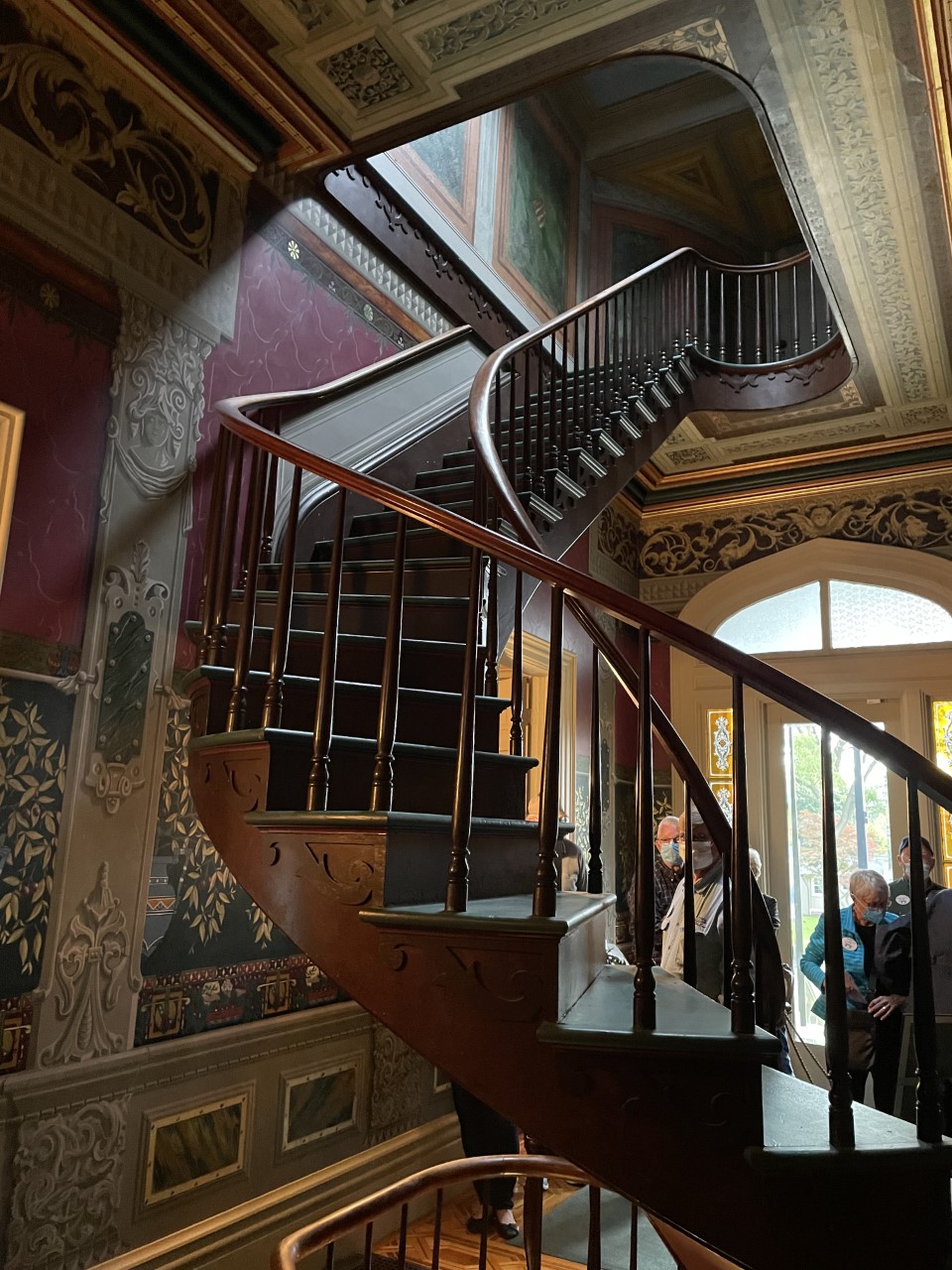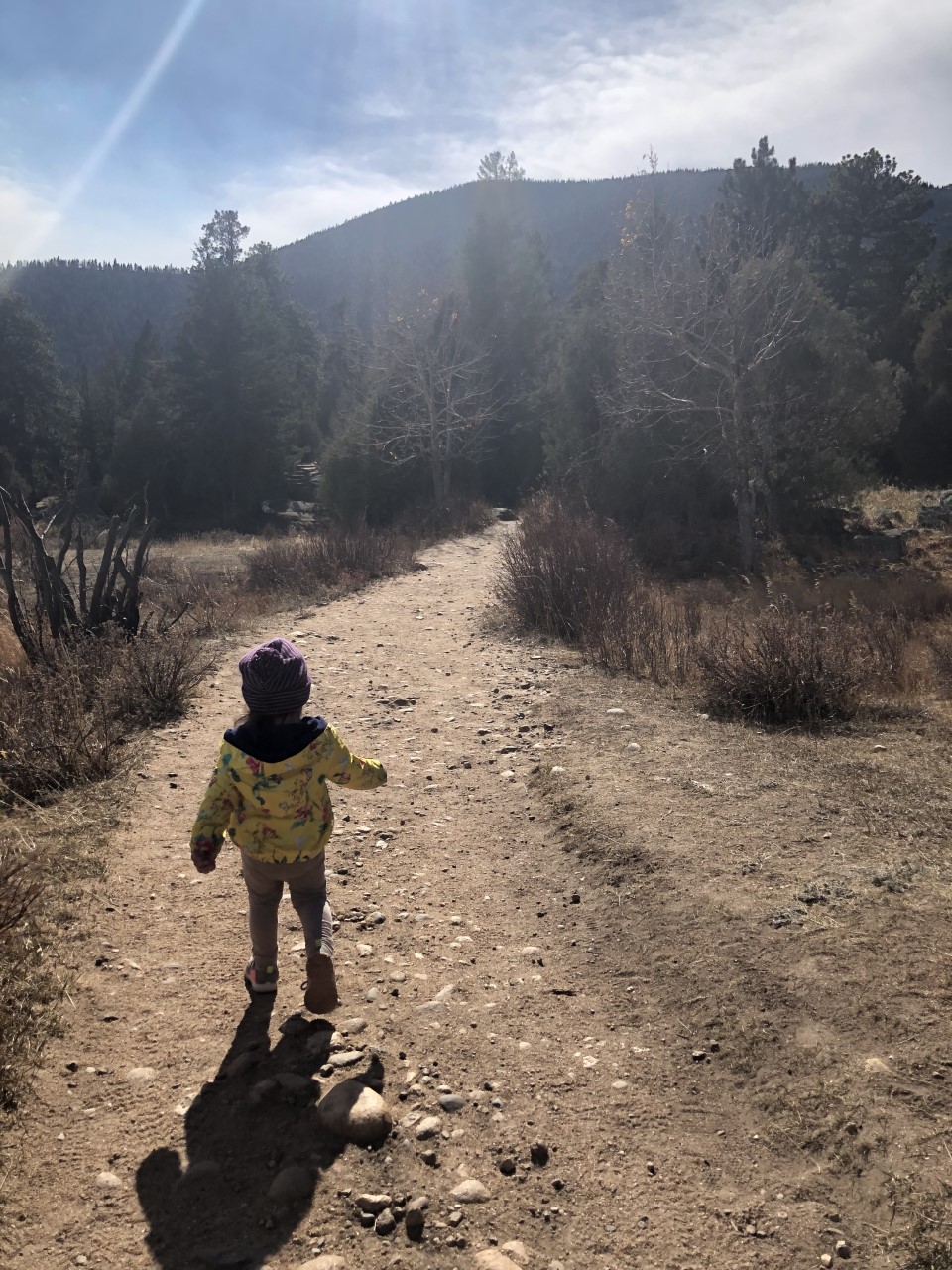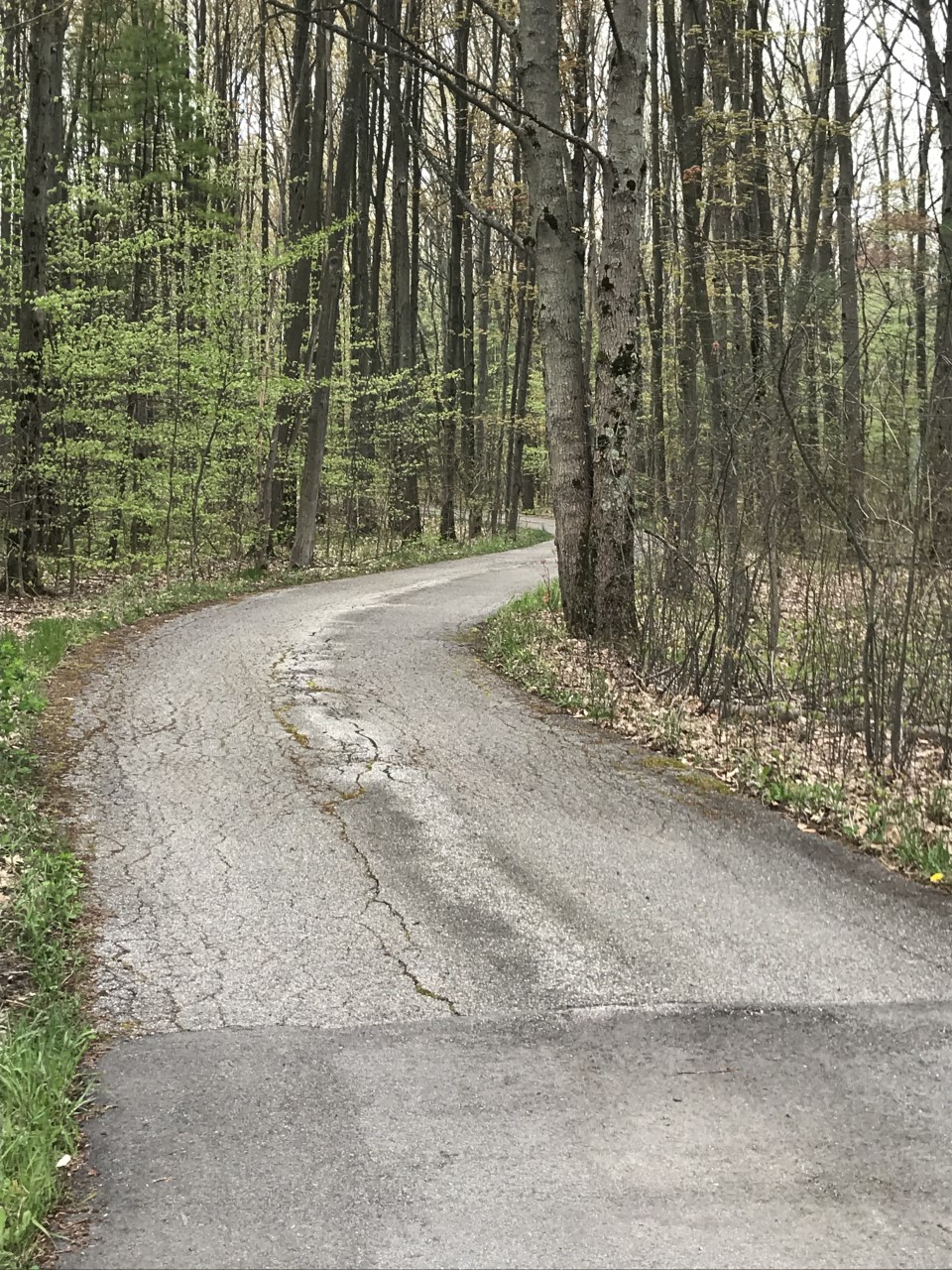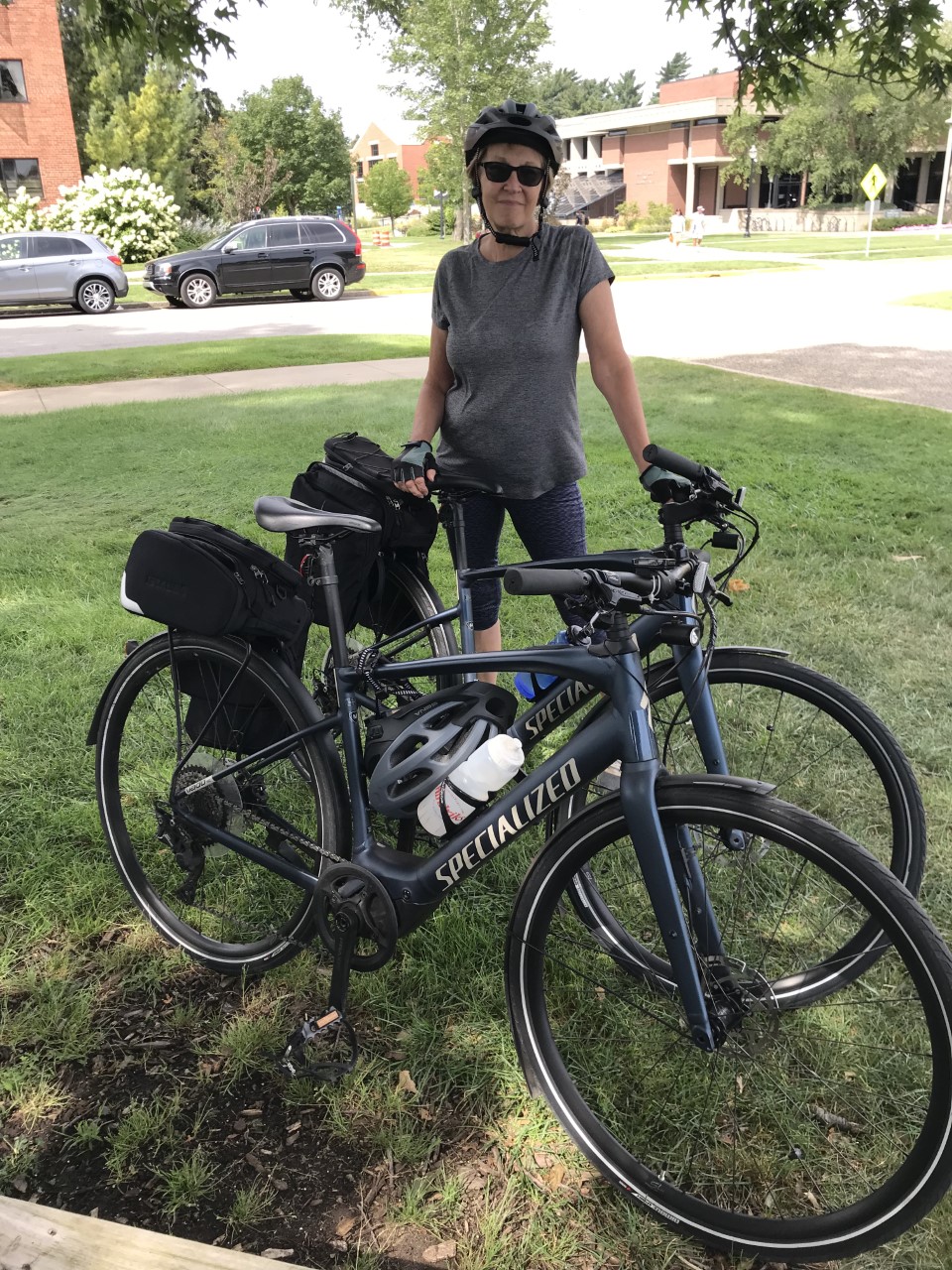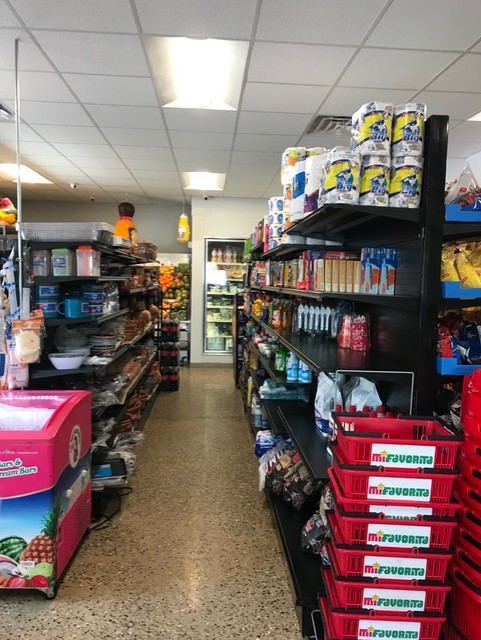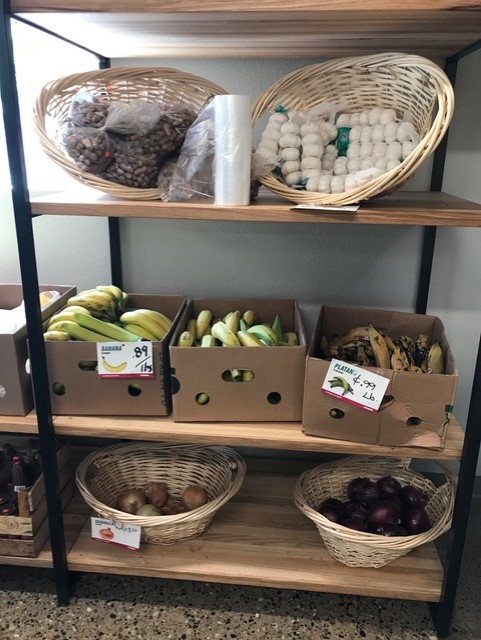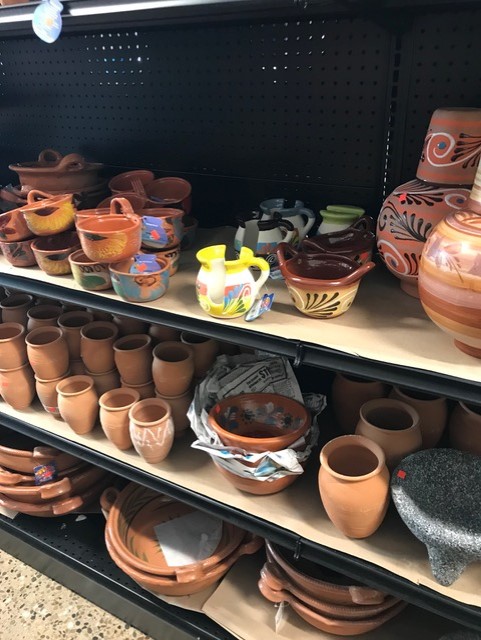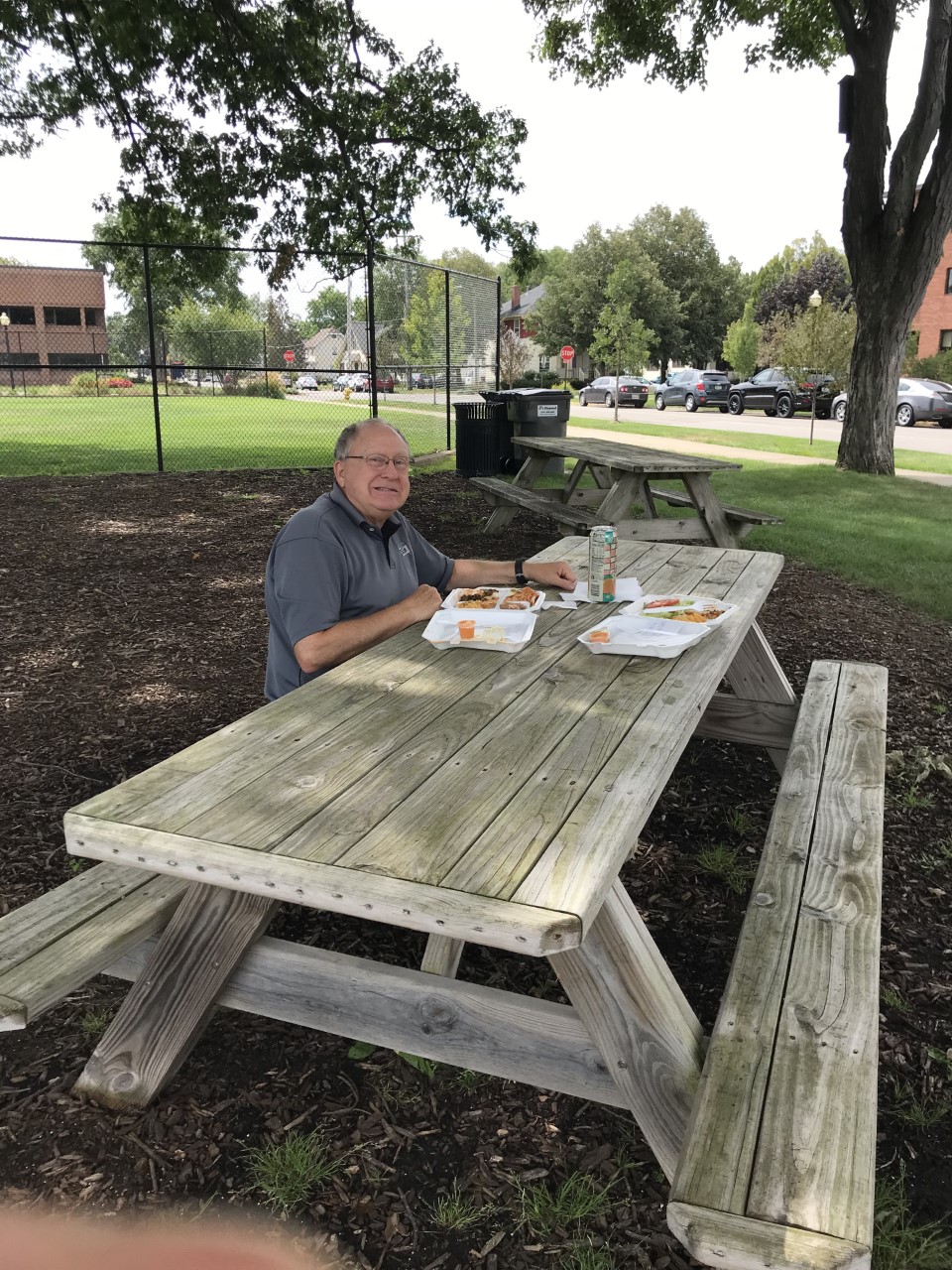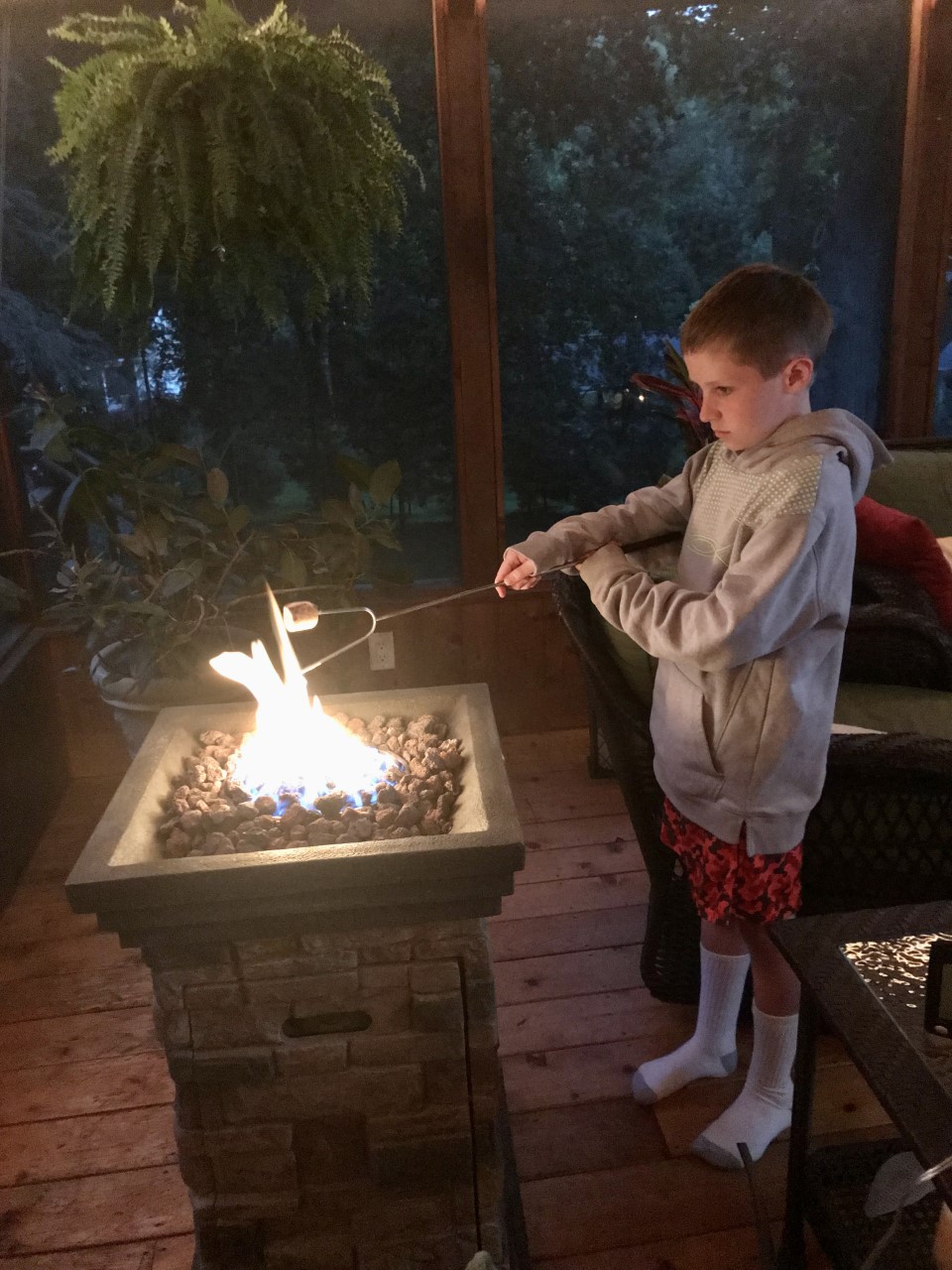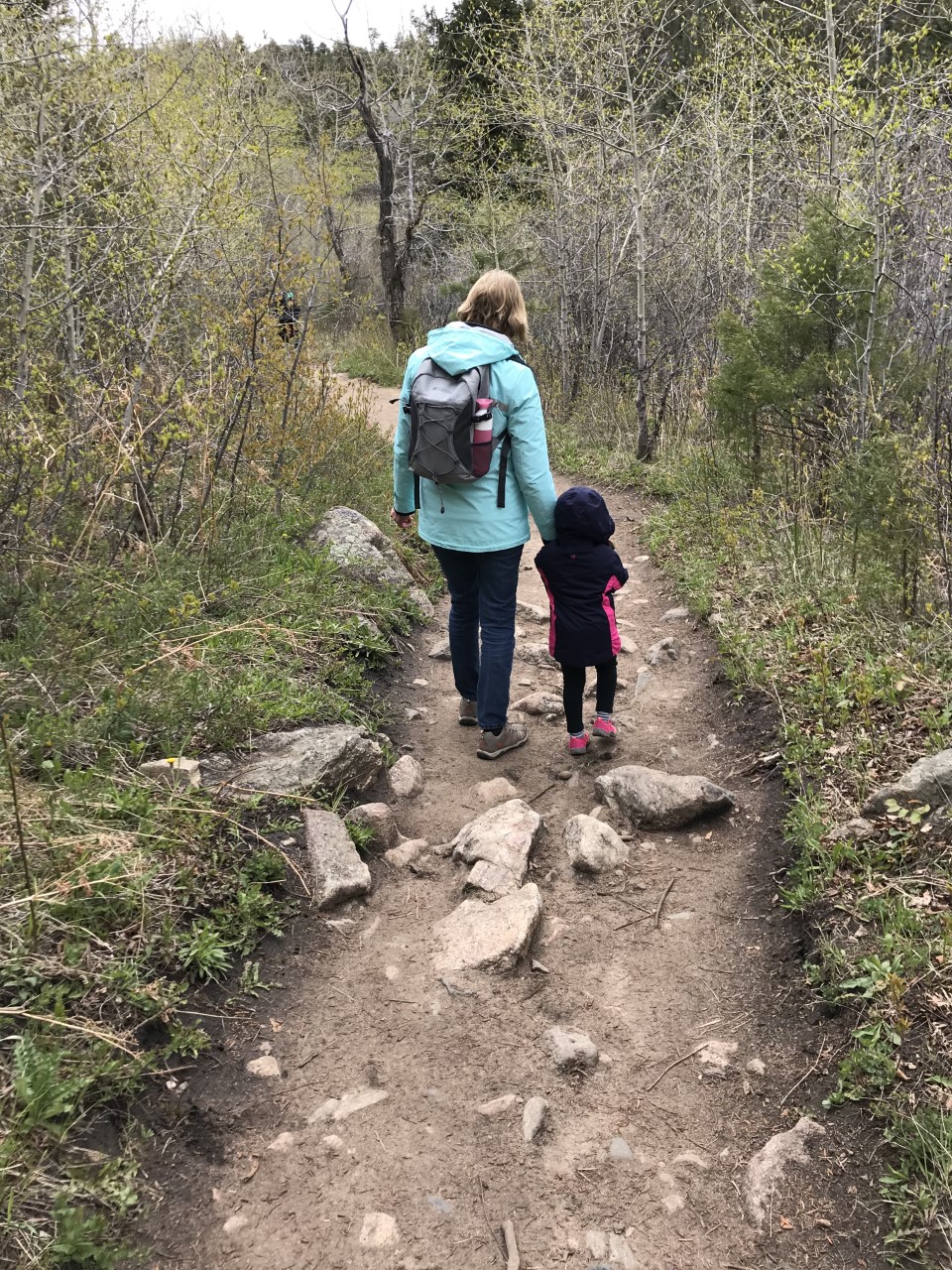Have a Memorable Vacation–Maybe?
“Tell us about a memorable summer vacation.” At a luncheon with my publishing company, recently, the sales team and I were asked to do just that. I heard about a lot of interesting vacations from the other team members, and as I awaited my turn, dozens of great memories came to mind. A tour through seven European countries with Ken and our kids. A bicycle trip around Europe’s Lake Konstance with our son, Ben. A road trip early in our marriage from Connecticut to Anchorage, Alaska. Camping on Cape Cod with my parents and two sisters. Long, lazy summer days at my grandparents’ home in Pennsylvania’s Pocono Mountains.
But the memorable vacation I settled on—and it had been the first one that popped into my mind—was a camping trip we took with our kids when they were young to visit some of America’s national parks. We lived in Canada at the time, and Ken had learned that if we bought a U.S. National Parks’ pass, we could visit all the parks for free. It was a bargain too good to pass up. We set off in our Toyota station wagon, pulling a borrowed “pop-up” tent trailer, and headed south and west, starting with Rocky Mountain National Park.
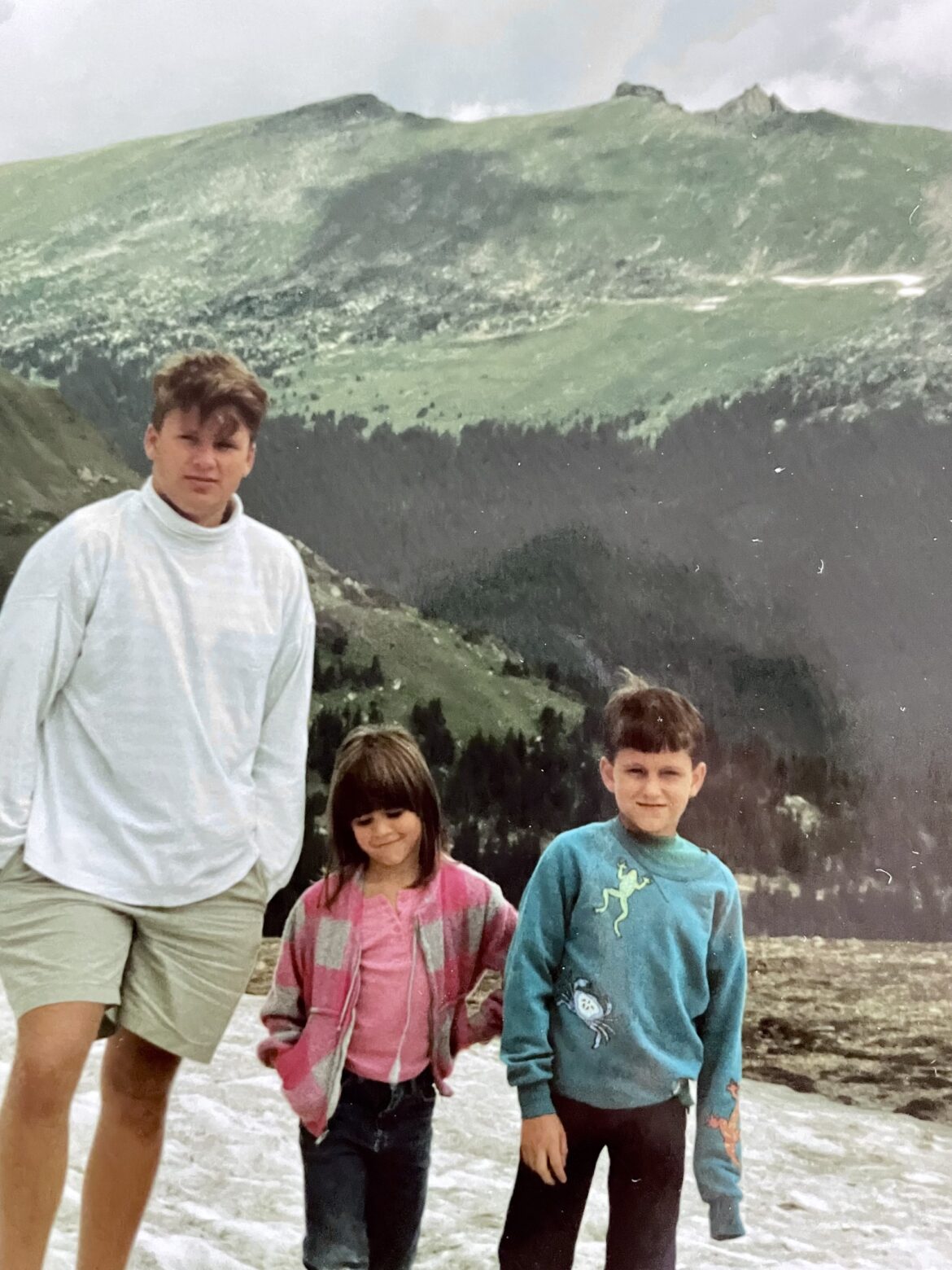
Hundreds of miles and many scenic wonders later, we arrived at the Grand Canyon in time to watch the sunset. Magnificent! Up until that time, we had been able to camp along the way without any trouble. But all the campsites at the Grand Canyon were full. It seems most people are wise enough to make reservations in advance. The Grand Canyon is in the middle of nowhere, so the only other campgrounds were a 2-hour drive back in the direction we had just traveled.

After a spirited discussion about our lack of planning, we decided to park the car and trailer in a parking lot behind one of the lodges for the night. Ominous signs are posted all over the park warning of stiff fines for camping anywhere except in designated sites, so we decided not to “pop-up” the pop-up. Technically, we would not be “camping.” So, we emptied the car and spent the night sleeping in our Toyota. Our two sons slept in the driver’s and front passenger’s seats, tilted back as far as they would go. We folded down the back seat, and Ken and I and our 6-year-old daughter slept in the back of the station wagon. I use the term “slept” very loosely. Throughout the night, I kept waiting for a park ranger to knock on the window and issue us a very expensive “no camping” ticket. My reply would have been, “Do we look like we’re camping?
But by morning, the entire parking lot was filled with vans, trailers, and motor homes. We weren’t the only ones who hadn’t made reservations. Our kids had slept quite well and were eager to begin exploring the park. Ken and I, on the other hand, were quite rumpled and disgruntled. At least we had drawn closer together as a family, I joked.
We visited many great national parks on that vacation and saw a lot of magnificent sights. When we returned home, I asked the kids what they remembered and liked the best, and guess what they said? “The night we slept in the car at the Grand Canyon.”
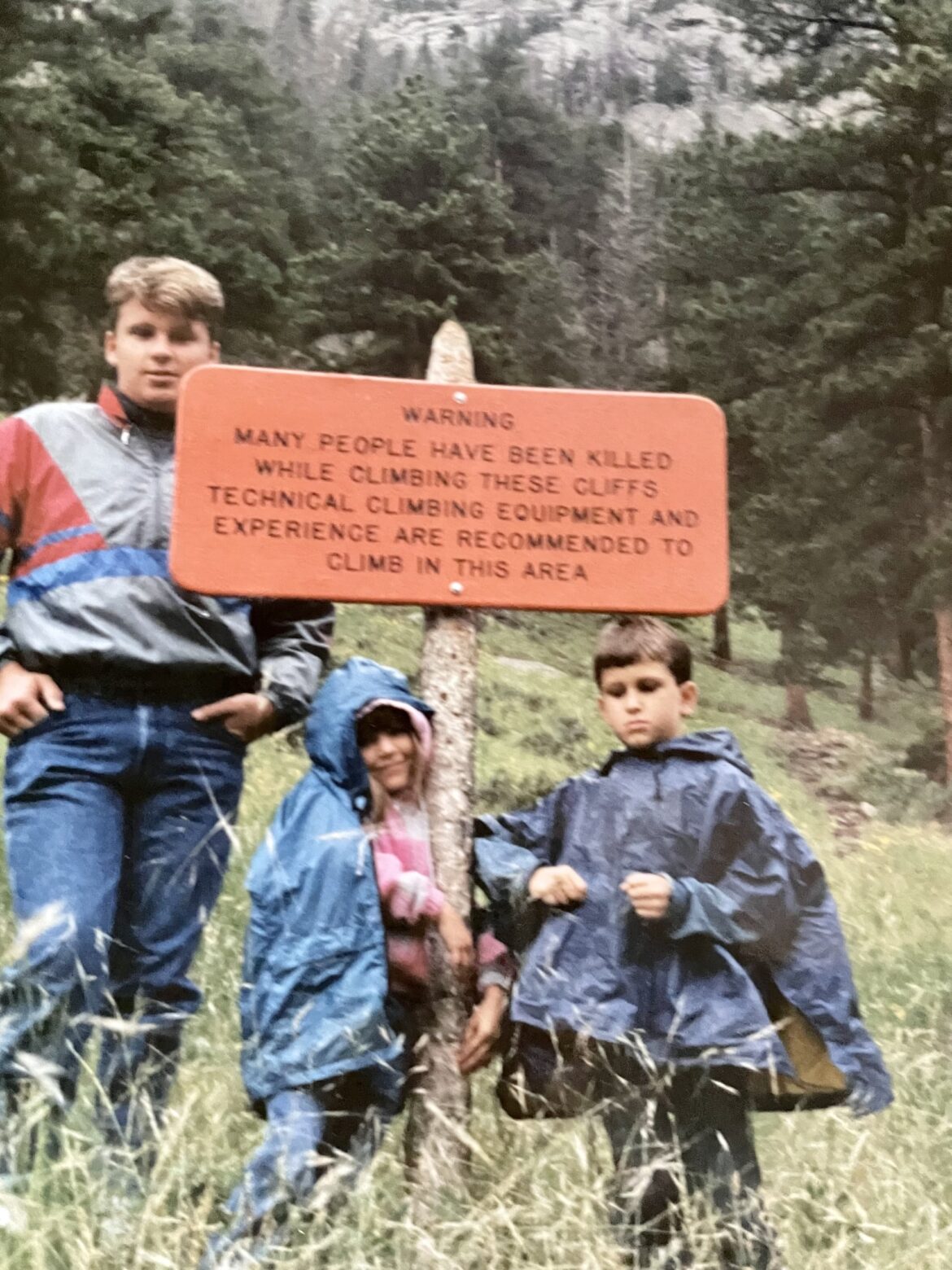
Isn’t life like that, though? A lot of days and weeks and months pass by when we do the same-old, same-old, and nothing seems particularly memorable. But it’s those challenging times when the unexpected happens that seem to make a much deeper impression. I spent hundreds of blissful summer days at my grandparents’ home in the Pennsylvania woods, but which one is most memorable? The dark night of torrential rain when the dam upriver threatened to break and we were forced to evacuate to higher ground. We sent up a lot of prayers that night!

I find that it’s in challenging times like that long-ago, rainy night that we draw closest to God and cling the hardest to Him. We can forget that we even need Him when the sun shines and everything goes according to plan. Perhaps that’s why He allows us to go through those wilderness times. Not only do we draw closer to Him, but we also learn important lessons about His power, and faithfulness, and love for us. We learn we can trust Him, and that makes the experience deeply memorable.
So, what’s your most memorable summer vacation?
I would wish you all a memorable summer vacation this year, but maybe you would rather have a quiet, uneventful one, instead.
- 1180
- 13
- 0

